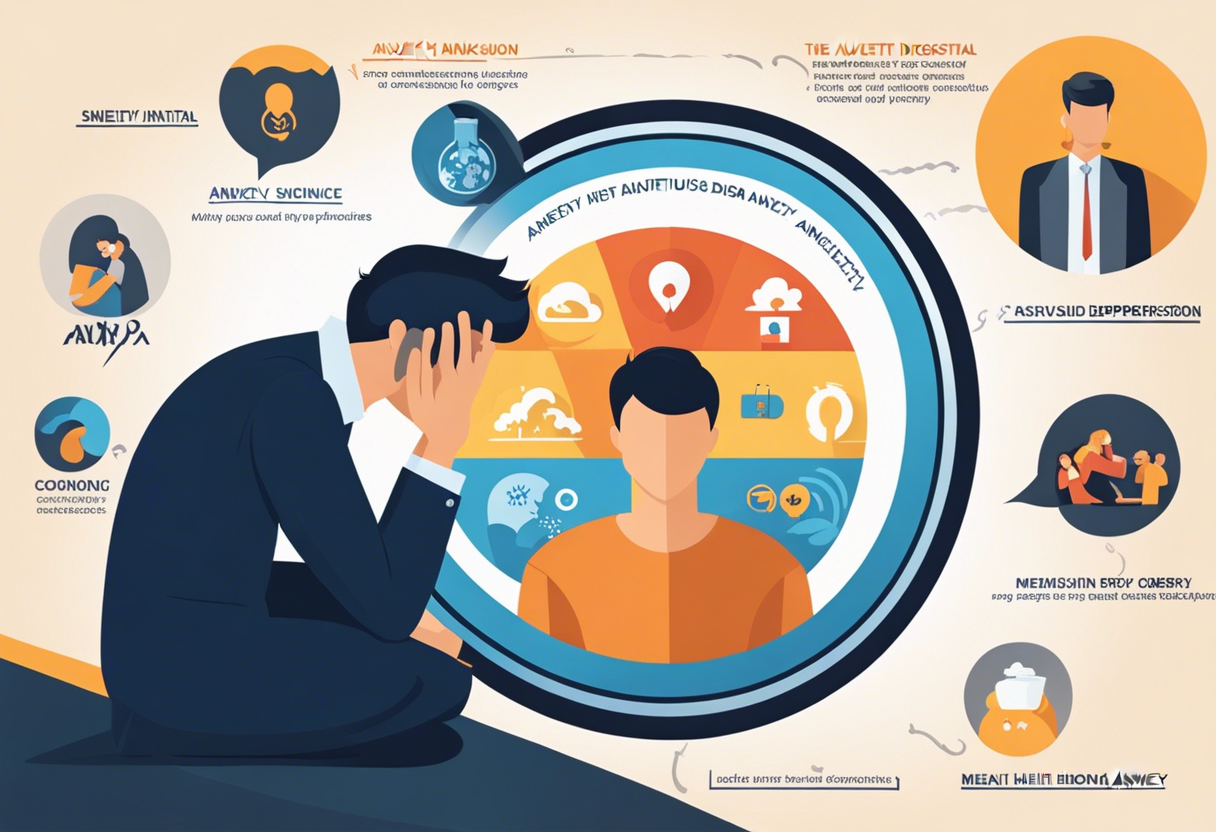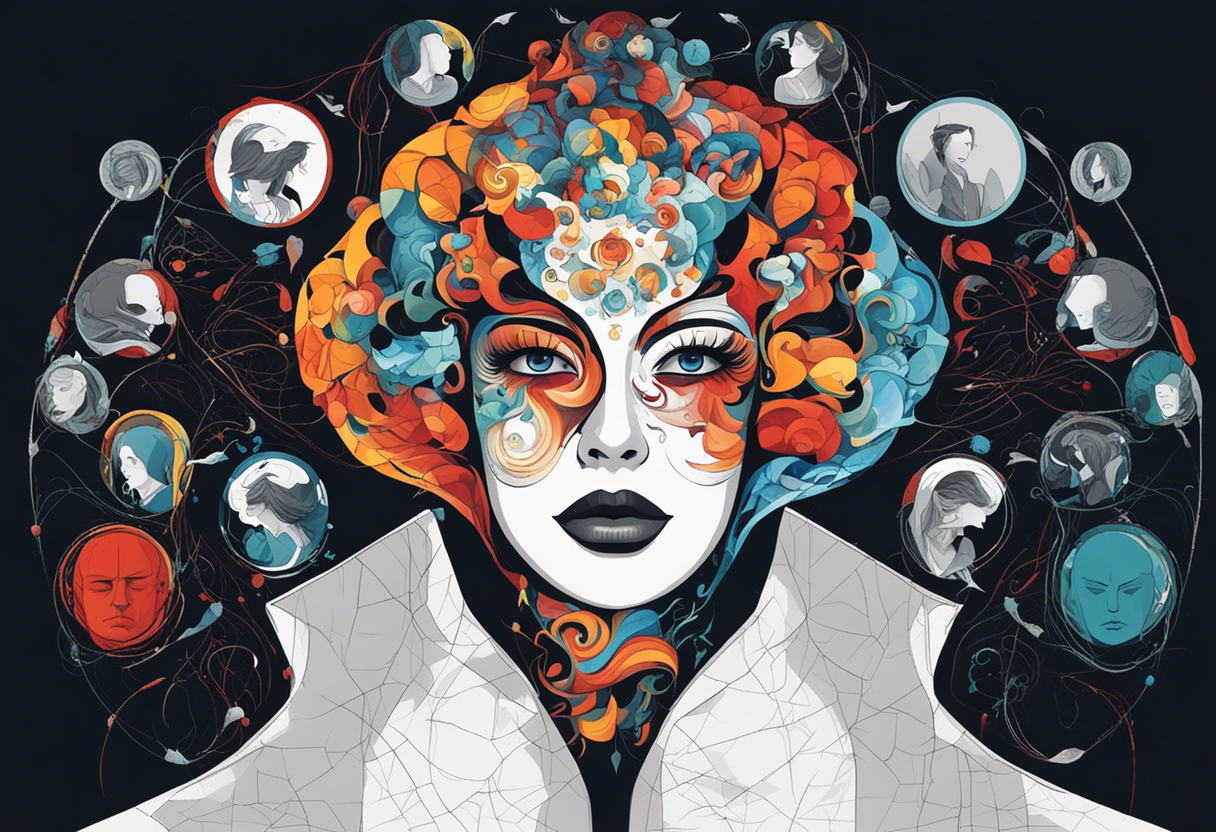Top Five Mental Health Challenges Menacing Society - Unmasking the Reality
Depression is a grave mental health concern that plagues societies globally. It is often termed the 'invisible epidemic' because its effects, while devastating, are not as apparent as physical illnesses. Depression can trigger feelings of hopelessness, lethargy, and even suicidal thoughts. The most disconcerting aspect is the stigma associated with it, causing many sufferers to limit their disclosure and avoid seeking help.
This illness does not distinguish between demographics; it can affect anyone—rich or poor, young or old. Unfortunately, research shows that the pressures of modern society, such as job stress, financial problems, and social isolation, may increase the risk of depression. Comprehending this condition's gravity paves the way for more informed preventative strategies and enables us to support those battling depression.
Anxiety Disorders - The Relentless Roar

Anxiety disorders form another widespread category of mental health challenges. While it's normal and even healthy to experience anxiety in stressful or dangerous situations, anxiety disorders differ. They cause pervasive, chronic, and excessive worry impacting daily life activities. Different forms, like Generalized Anxiety Disorder, Panic Disorder, and Social Anxiety Disorder, create perilous landscapes where individuals live in constant fear.
Understanding anxiety disorders are critical because persistent anxiety can directly influence physical health, leading to cardiovascular issues, gastrointestinal problems, and more. Furthermore, anxiety often co-exists with depression, creating a cycle of mental health issues that can be challenging to interrupt.
The Shapeshifter of Reality: Schizophrenia

Rather less common but equally devastating, schizophrenia is a severe mental disorder distorting a person's thoughts, emotions, perceptions, and behaviors. Hallucinations, delusional beliefs, and disorganized speech are primary symptoms. This condition often leaves the person socially deprived, unable to work or study, and in some instances, prone to self-harm.
Although it's a lifelong disease, early intervention and treatment can mitigate its effects, emphasizing the need for public education and awareness. Understanding schizophrenia and its management can help reduce social stigma, encourage early detection, and rehabilitate affected individuals into society.
Constricted by Obsessions: Obsessive-Compulsive Disorder (OCD

Obsessive-Compulsive Disorder is a chronic condition where a person has uncontrollable, recurring thoughts (obsessions) leading to behaviors that they feel compelled to repeat persistently (compulsions). Whether it's the recurring fear of germs, the urge to arrange items symmetrically, or aggressive thoughts towards others or self, OCD sabotages productivity, relationships, and personal satisfaction.
This ailment affects people of all ages and often co-exists with other mental conditions such as depression and anxiety. Promoting a greater understanding of OCD will enable sufferers to seek help without fear, fostering an environment that empowers recovery.
The Self-Imposed Prison: Eating Disorders

Eating disorders, such as anorexia nervosa, bulimia nervosa, and binge-eating disorder, are severe conditions characterized by intense preoccupations with food, body weight, and shape. While traditionally more prevalent among women, these disorders are increasingly affecting men, highlighting a societal flaw in how we perceive body image and self-worth across all genders.
These disorders amplify physical health risks, including malnutrition, organ damage, and increased mortality rates. Awareness and body positivity campaigns can shift societal norms and perceptions, encouraging healthier body images and eating habits, thus minimizing the prevalence and impact of these disorders.